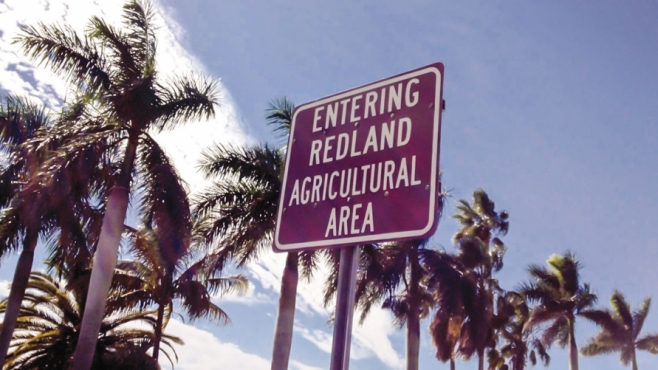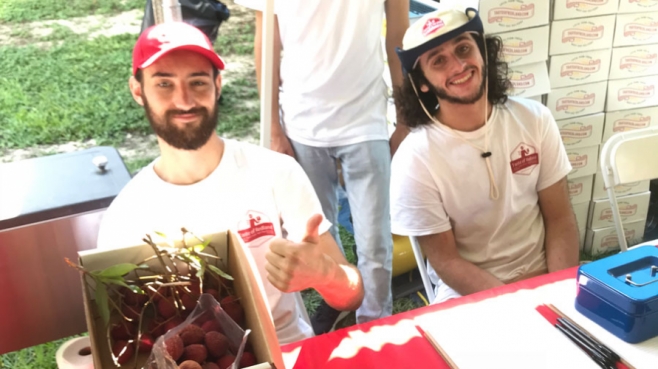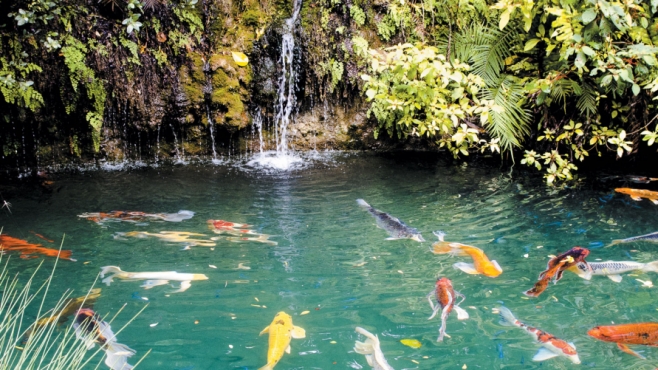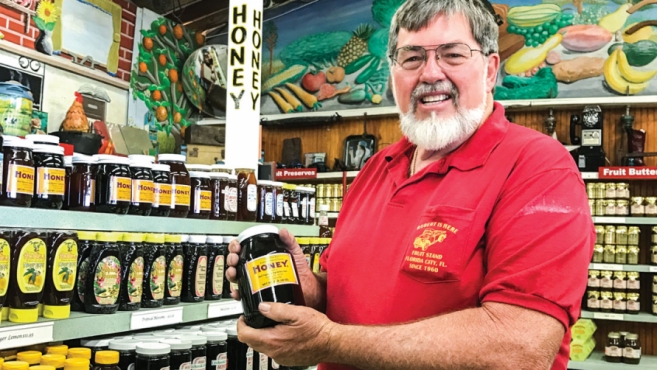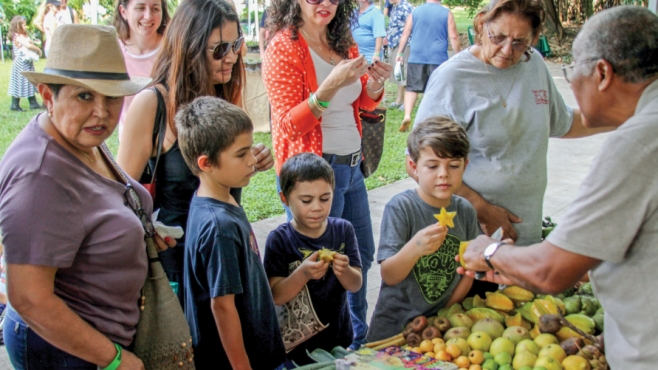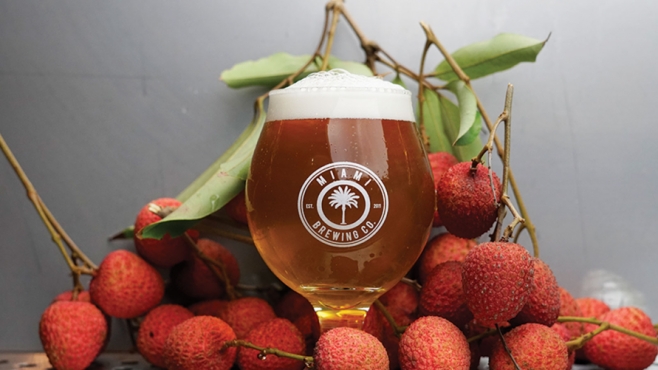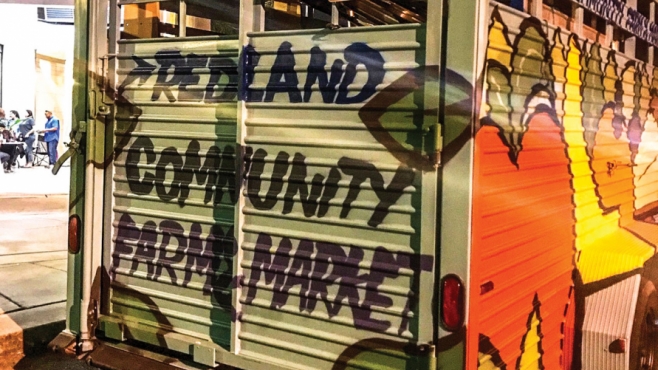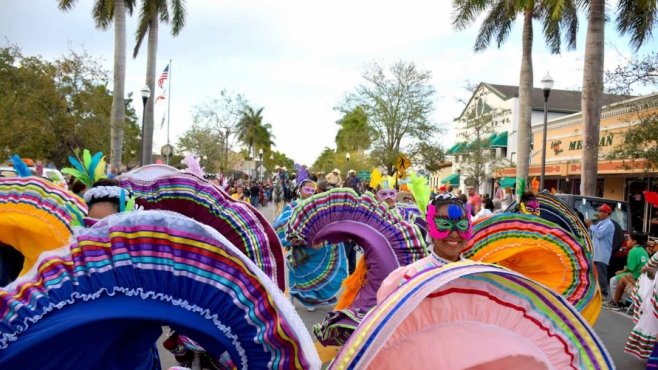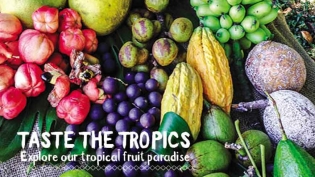Welcome to Homestead and the Redland
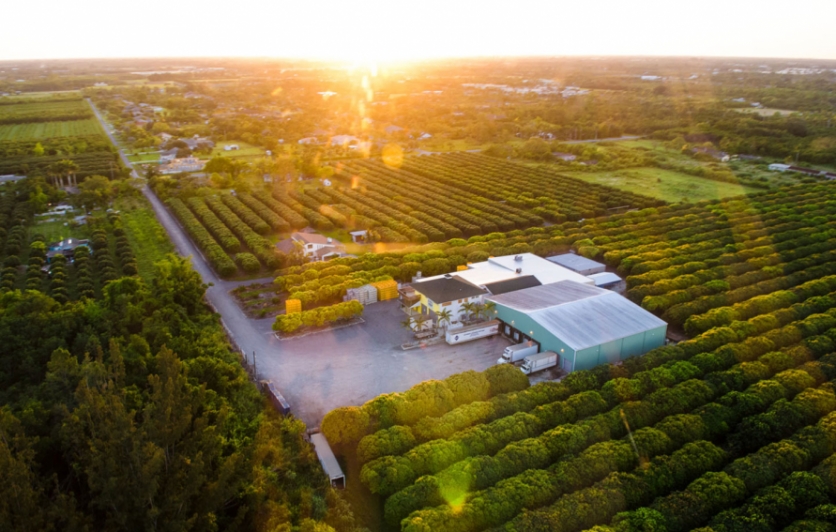
It's greater Miami's quieter side – mango and avocado groves, a historic Main Street reflecting South Florida's pioneer past, and plenty of places to eat, drink and explore.
Pioneers of the Past
More than 100 years ago, settlers made their way to the Redland, so named for the reddish clay atop the oolitic limestone. Homesteaders figured out how to tame the difficult soil while Henry Flagler extended his Florida East Coast Railway south and west through the Florida Keys, and Homestead grew as railroad workers and their families settled there. The Redland Hotel opened in 1904 as a supply store and rooming house. In 1913, Homestead was incorporated, becoming the second oldest city in Miami-Dade County. In 1916, the Redland Farm Life School opened and quickly became the pride of the agricultural community. In 1917, the Town Hall building was completed, housing fire trucks and four jail cells for men. Across the street, the Seminole Theatre was built in 1921 and used as a movie house. Today, the Homestead Historic District, on the National Registry of Historic Places, offers visitors glimpses into Florida’s past through its unique vernacular architecture, tree-lined streets and small-town hospitality.
Local Flavors
Although the Labor Day Hurricane of 1935 destroyed much of the Overseas Railroad in the Middle Keys, agriculture thrived in the Redland. A 20-acre tropical fruit park, known today as the Fruit & Spice Park, opened in 1944. In the 1950s, two farm-based attractions debuted and flourish today: Knaus Berry Farm, a seasonal stand known for u-pick strawberries and cinnamon rolls, and Robert Is Here, one of the area’s most beloved fruit stands. In the 1980s, the Tropical Fruit Growers of South Florida was formed to promote marketing and research. Wat Buddharangsi, a Buddhist temple, was built and holds an annual Thai food festival. In 2009, “Redland Raised” was introduced to supermarkets, building awareness of the benefits of buying and eating local produce.
In the past decade, farmers markets in South Florida have expanded, featuring farmers who grow tropical fruits and “value-added” products – dehydrated fruits, jams, jellies and other foods made from their harvest. Festivals and farm-to-table dinners showcase local mango, lychee, fruits, wine and beer. Venues for weddings and special events amid fruit groves now dot the landscape.
In 2018, Taste of Redland launched, offering next-day delivery service of locally grown produce to Florida homes and restaurants and a series of farm-to-table events, aimed at celebrating South Florida’s beautiful bounty and agricultural community.
Communities Near You
What’s happening near you
Pisco Month at JARANA Peruvian Cuisine & Pisco Bar
JARANA Peruvian Cuisine & Pisco BarAventura
Torno Subito Miami + Gucci Osteria Beverly Hills Collab
Torno SubitoMiami


